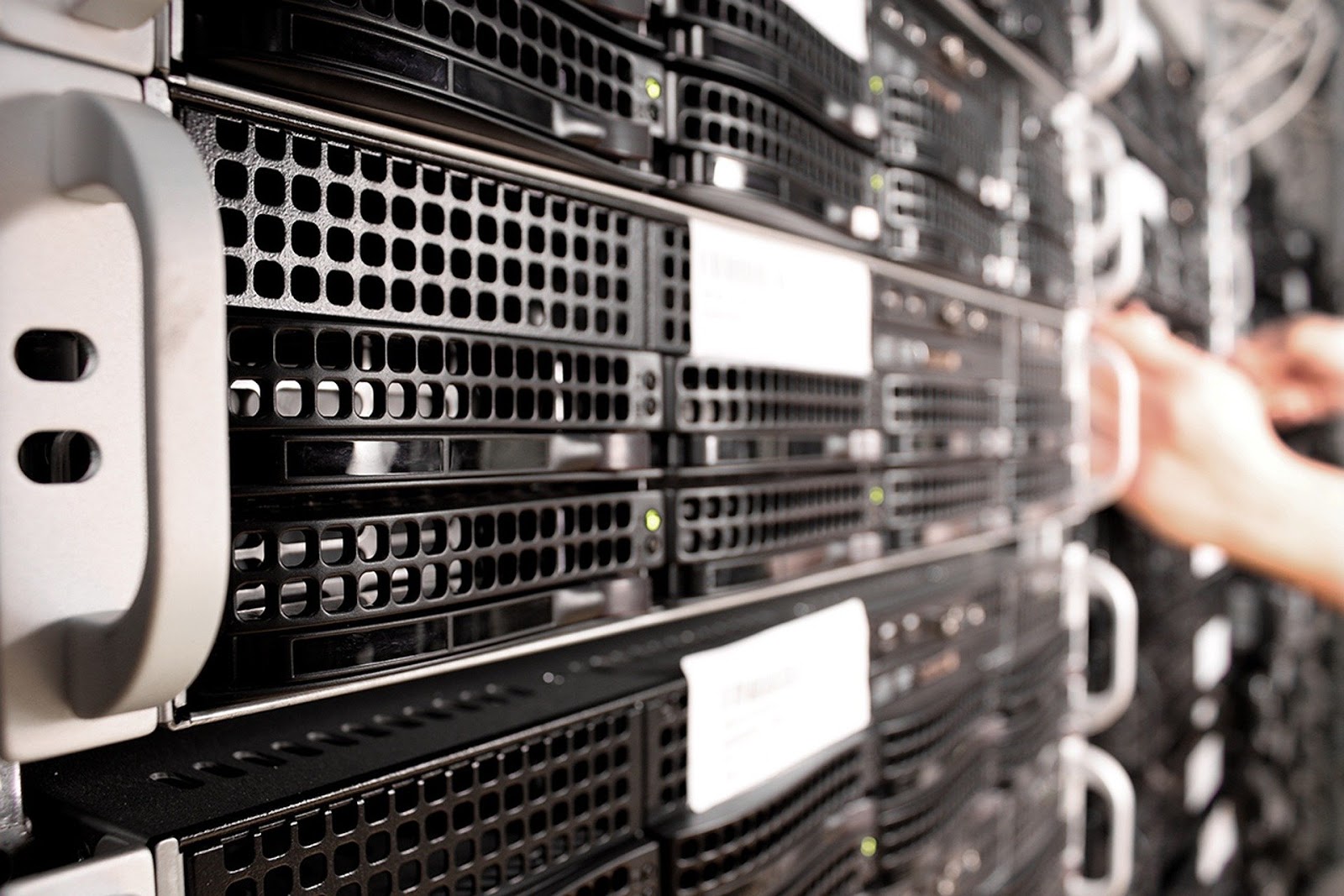Cybersecurity ensures our systems remain protected against threats we can find in cyberspace and online media – and for companies, an efficient cybersecurity system can he the difference between profit or a disaster. Personal users might feel as though installing an antivirus software is enough, but enterprises and their data are at risk of brute force attacks, phishing, ransomware, and other forms of attacks. So, how exactly do we keep our businesses protected from various cybersecurity threats? This article will explore just that.
It’s important to remember that good cybersecurity isn’t just a matter of having the right antivirus or the right software to keep your data protected. A lot of it also has to do with doing best practices in terms of data and personal security, and ensuring your data and your security systems are always maintained. What are these best practices?
Read also: Why the Internet Should Be Part of latest tech Infrastructure Plan
Table of Contents
• Understand what sort of data your business has possession of.
It’s difficult to protect something you don’t even know and understand. As per a Web Titan blog, while things like antiviruses can easily a huge portion of your systems, it’s still helpful to know exactly what kind of data your company is collecting, what data it possesses, and how you want to protect said data. This allows you to zero in on other best practices you want employees to do, what sort of software and hardware you want your company to have, and other essential aspects of your business’ cybersecurity efforts.
- Do an audit of all the data you have and categorize which ones can be considered public information, data that has medium importance (but still needs protection), and essential data that you should protect. The final category should be the one you should focus on protecting, especially if this data is extremely integral to your operations.
- Create a strategy with regards to responding to incidents. It’s very easy to panic in the middle of a cyber attack, which won’t really help solve anything. In order to avoid this, it helps to actually have an incident response strategy, letting your business stay on your toes when attacks happen. You and your IT team can conduct simulations and best strategies whenever certain attacks happen so you can minimize the damage done to your systems.
Read also: How Cloud Computing Helps Improve Security
• Best employee practices remain just as powerful as your antivirus.
While an antivirus is equipped with the necessary programming to detect malicious software, no defense is as great as employees knowing exactly what to do with their information – especially during their time with your company. When you strengthen your company’s cybersecurity measures, make sure you pay attention to how you want your employees to “act,” especially when they’re in possession of sensitive company property. According to Natasha Aidinyantz (of GlobalSign) these are also commonly known as best practices for employees, which they’re encouraged to do.
- Have your employees use stronger passwords, instead of things they can easily remember. It’s important to take note that hackers tend to sell the data they steal. If you’re using the same password for all your systems, it’s only a matter of time until hackers have access to all your systems. This becomes harder for them to do if you have a password with randomized sets of letters and characters.
- Have your employees do the bring-your-own-device (BYOD) system, or commonly known as a mobile workforce policy. This means they will be using their own devices such as outdoor phones to conduct work in your office – decreasing expenditures (you won’t need to buy them their own devices), and increasing productivity as people will be working with tools they’re familiar with. This makes it much easier to teach employees about data security, as this benefits them and their devices as well. For instance, you can teach what settings to change on their phones to improve security, and what other safety features they can access on their devices.
- Have cybersecurity seminars regularly to teach employees about growing threats in cybersecurity. Like any other trend in business, cybersecurity threats tend to change every so often – meaning we can’t just let IT be the only ones on their toes with regards to risks in a system. You can conduct regular cybersecurity seminars to ensure all employees are aware of things you want to watch out for, and how they can help contribute to a safer work environment.
Read also: 6 Factors to Consider when Choosing an ISP for Business
• Improve your overall software infrastructure.
As per Bennett Conlin of Business News Daily, your cybersecurity is just as good as your overall software infrastructure – meaning you need to make sure all the software you use at work is up to date, so you won’t be risking getting attacked by malicious entities online. These include updating your software, using a lot of authentication methods for your overall systems, keeping your software updated, and making sure you keep backup of your data.
- Make sure all your software is updated, as hackers tend to look for software bugs in order to access your data. If you’re using third-party software, make sure you’re always updating these programs whenever improvements are released. Likewise, if you’re using personal programs, make sure you create updates and patches that fix even the most common security errors. Remember, hackers may be able to exploit even the simplest mistakes to access your system.
- Having multiple authentication methods for your software allows you to make sure your employees need more than one way to enter your system. Aside from username and passwords, we can rely on other authentication factors such as data (e.g., passwords), possessions (e.g., cards), and something only you have (e.g., fingerprints).
- Keep a backup copy of all your data, especially the most essential files. Regularly backing up your data ensures your systems won’t be crippled once an attack is made, and you always have a copy to rely on. Make sure your backup is in a different place, so hackers won’t get access to it should the worst happen.
Read also: 5 Things That Will Change How You Approach Cloud Computing
• Never go online without adequate protection and care.
Before you release anything from your system online, make sure your systems are all geared up to handle online exposure in the first place. According to The Ame Group, these include using HTTPs on your websites, providing adequate firewall security, and always conducting security checks to ensure everything that accesses your website (and everything you access outside the website) are safe and secure to work with.
- Get your website HTTPs-enabled. These give websites the SSS/TLS Certificate that further encrypts data that’s transferred from browser to server, and vice versa. This system helps you avoid malicious entities that want to “swoop” in and steal your data. SSL Certificates also help improve your presence online, as most SEO best practices include HTTPs requirements.
- Give your entire office or work area adequate firewall security, as these prevent people from having unauthorized access to your network. Your firewall can be customized to fit a set of rules that only allow certain people or certain applications to access it. You should also tinker your firewall to be able to monitor outgoing and incoming data, as this is usually where attacks start.
Cybersecurity for Your Enterprise: A Matter of Behavior, Flexibility
With the above taken into consideration, it’s important to remember that good cybersecurity isn’t just about securing the right antivirus software, but rather maintaining good cybersecurity habits as well. These include using password protectors, changing pass codes, threat assessments, and even the protection of hardware and other physical systems. It’s important to always pay close attention to how your cybersecurity operates, as one simple mishap can ruin a day’s work or, worse, actually cripple your operations.
If you have more tips for us, do feel free to share them and to share your ideas in the comments.
Author Bio:

John Salazar considers himself as a very tech-savvy but also very traditional person. He enjoys typing on his laptop just as much as he writes with a pen, and this is reflected in his creative works – be it articles, blogs, or even simple posts. He loves writing about science and technology, psychology, health and wellness, and other topics he knows his readers will love to explore.
Read also: How Managed IT Services Help Your Business in 2021?






